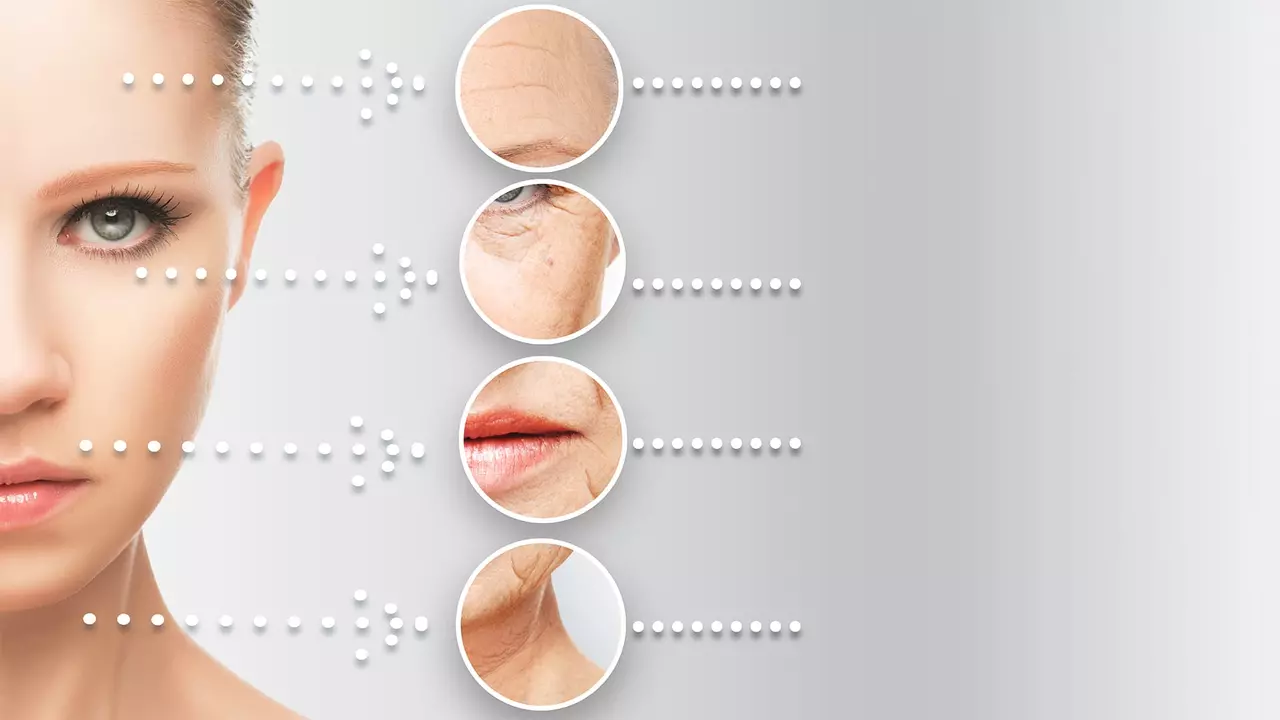Collagen Supplements: What They Are and Why You Might Want One
If you’ve seen Instagram posts about glowing skin or stronger joints, chances are they mentioned collagen. In simple terms, collagen is a protein that makes up most of our skin, hair, nails, bones and connective tissue. As we age, our bodies produce less of it, which can lead to sagging skin, joint stiffness, and slower wound healing.
Collagen supplements aim to give your body a shortcut – you swallow hydrolyzed collagen (tiny peptides) that are easier for the gut to absorb. The idea is that those building blocks get used where they’re needed most. People report smoother skin, less joint pain, and even better workout recovery after a few weeks of consistent use.
What Types of Collagen Supplements Are Available?
There are three main sources: bovine (cow), marine (fish) and porcine (pig). Bovine collagen usually contains Type I and III, which support skin, hair and nails. Marine collagen is almost all Type I, prized for its high absorption rate – it’s a good pick if you’re focused on skin health. Porcine looks similar to bovine but is less common in the U.S.
Besides powders, you’ll find capsules, gummies and drinks. Powders are the most versatile; you can stir them into coffee, smoothies or even soups without changing taste much. Gummies are convenient for travel, while capsules avoid any flavor at all.
How to Pick the Right Collagen Supplement for You
First, check the label for “hydrolyzed” or “peptide”. That tells you the collagen is broken down into small pieces that your gut can absorb quickly. Second, look at the source – if you’re allergic to fish, steer clear of marine options. Third, consider added ingredients: many brands blend vitamin C (helps collagen synthesis), hyaluronic acid (hydration) or biotin (hair/nail support). These extras can boost results but also raise the price.
Price matters too. A typical 30‑day supply ranges from $15 to $50 depending on quality and added nutrients. Don’t assume the most expensive is best; read third‑party testing info if a brand provides it. Trustworthy companies will post batch analysis showing no heavy metals or contaminants.
Dosage guidelines usually suggest 10–20 grams of powder per day, split into one serving. For capsules, follow the manufacturer’s count – often 2–3 caps equal about 5 grams. Consistency is key; you won’t see noticeable changes after a single dose, but many users report skin improvements within four weeks.
Safety-wise, collagen is generally well‑tolerated. Mild digestive upset can happen if you overdo it or have a sensitive stomach. If you’re pregnant, nursing, or have a medical condition, talk to your doctor before adding any new supplement.
Bottom line: Collagen supplements can be a useful addition if you want extra support for skin, joints or recovery. Pick a hydrolyzed product from a reputable source, check for added vitamin C, and stick with the recommended dose for at least a month to judge effectiveness.
The benefits of collagen supplements for scar healing
I recently discovered the incredible benefits of collagen supplements for scar healing. Collagen, a protein naturally found in our bodies, plays a crucial role in the wound healing process, ensuring our skin remains strong and resilient. By taking collagen supplements, we can improve the appearance of scars by promoting faster healing and improving skin elasticity. Not only that, but these supplements can also benefit our overall skin health and reduce visible signs of aging. I think collagen supplements are a fantastic addition to anyone's skincare routine, especially if you're looking to heal scars and maintain youthful, healthy skin.

